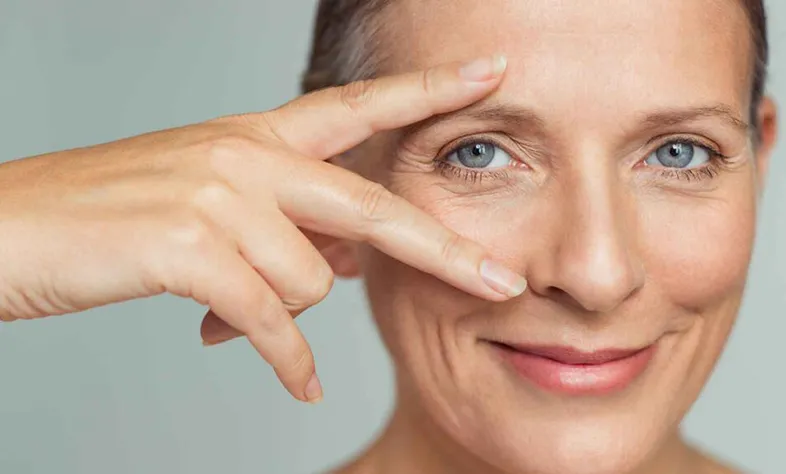The Basics of a Corneal Transplant

The cornea is the transparent layer of the eye that covers the pupil and iris. This protective outer layer functions as a window for light to enter the eye. Damages to this part of the eye can cause poor eyesight, and replacing the damaged cornea with a healthy one is the solution.
Who needs a cornea transplant?
A cornea transplant can be the solution for several conditions. These include:
Unlike most transplant surgeries, a corneal transplant does not require tissue matching. Hence, the new cornea comes from people who decided to donate their cornea when they die. An eye donation is primarily a cornea donation.
What’s the procedure?
The doctors will do some lab tests and examinations to ensure the patient is in good health to receive the corneal transplant surgery. The patient will be asked to avoid taking aspirins a few weeks before the surgery. The patient will also be asked to use antibiotic eye drops on the day before the surgery to prevent infections.
The surgery is usually an outpatient procedure, which means the patient will get to go home the same day. The surgery takes about 30 minutes to an hour.
Depending on the damage level of the cornea, the doctors will choose one of these methods;
What are the risks?
Cornea rejection is one of the major complications that can happen after the surgery, and it happens in 1 out of 10 surgeries. Cornea rejection is when the body’s immune system attacks and rejects the new cornea. Most of the time, this complication can be handled with eye drops.
Symptoms of cornea rejection;
Other complications include;
Recovery
After the surgery, the patient will require to take extra care of the eye to prevent infections and complications. The healing is accompanied by directions from the doctors. These include;
The improvement of vision after a corneal transplant could take weeks or months. The eye needs time to adjust to the new cornea. It is normal for the eyesight to get worse before it gets better. The patient should follow up with the doctors every one or two years after the first year of corneal transplant. For most people who have this surgery, their vision and hope for life are restored!